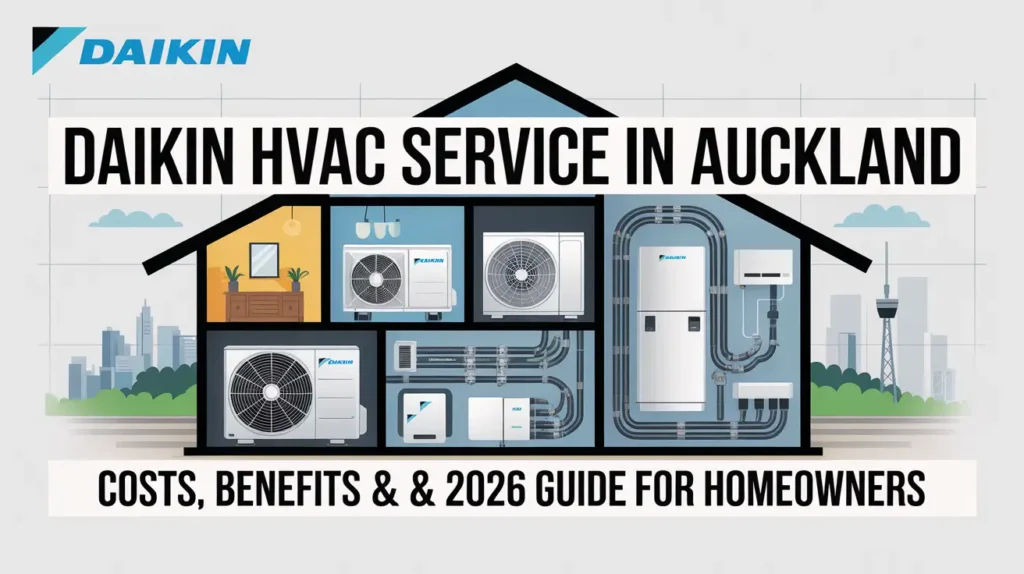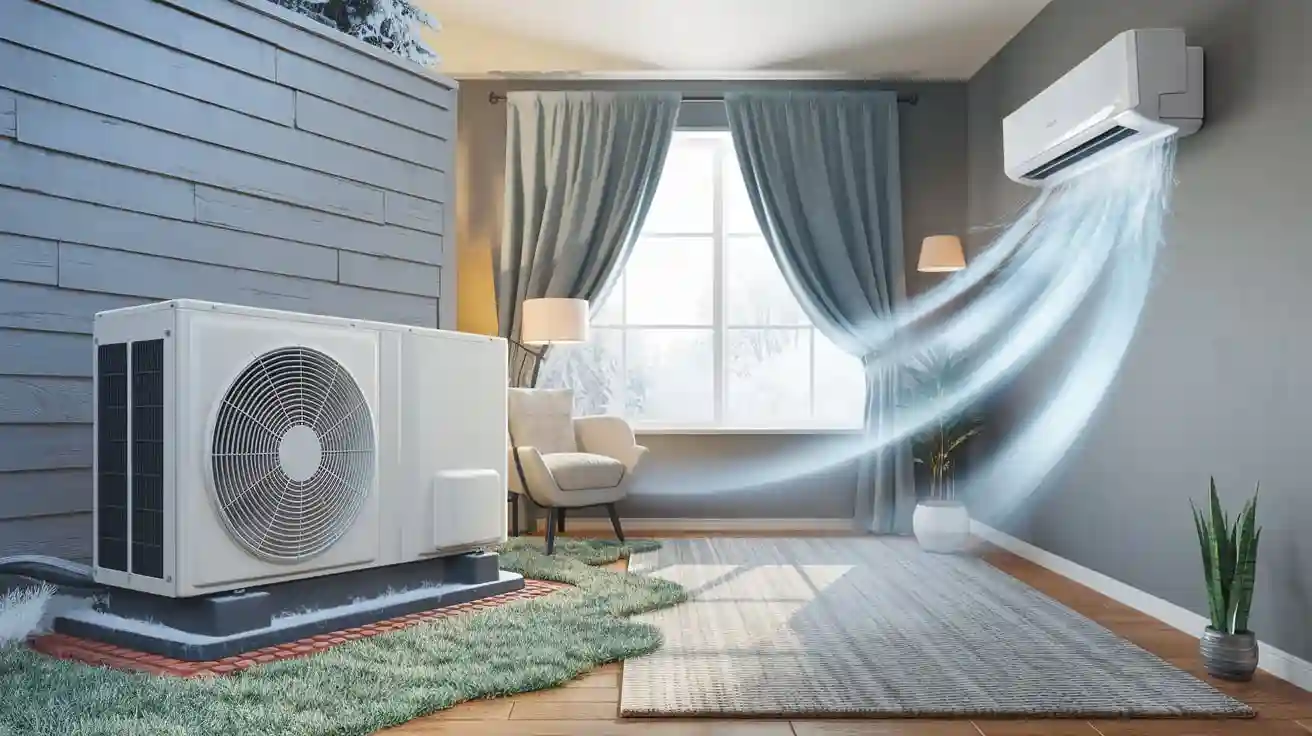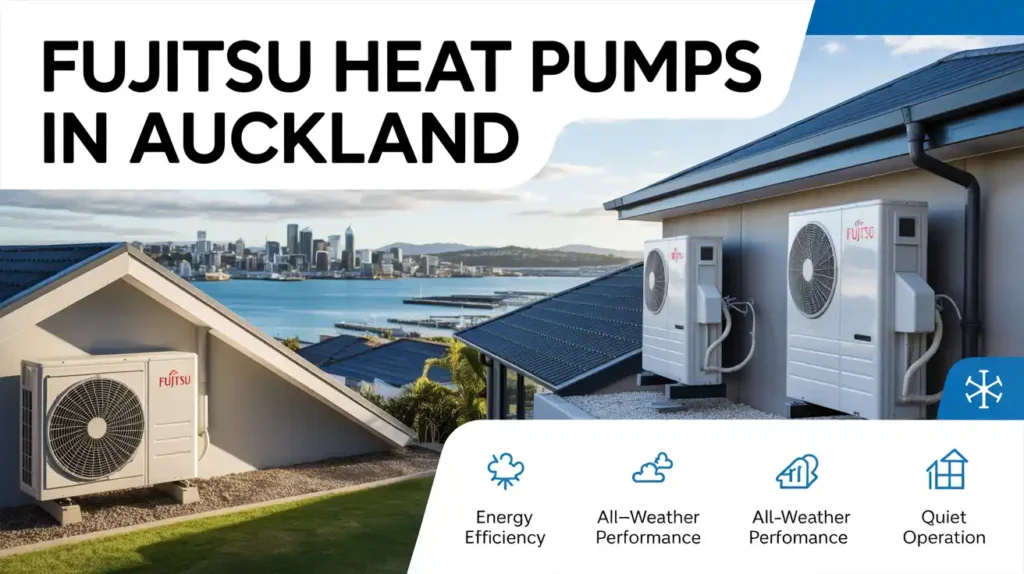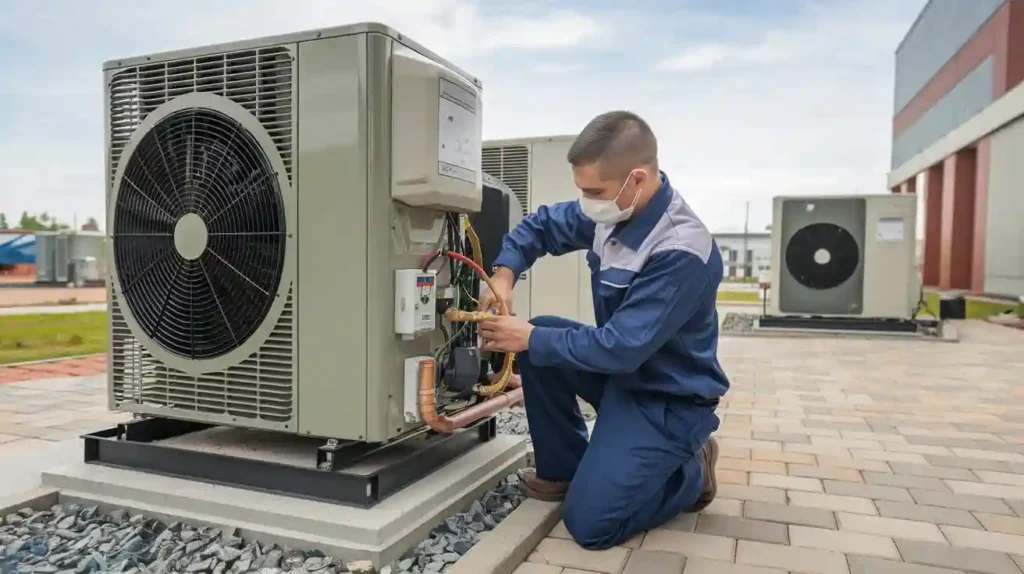
- Transparency
- 24/7 Availability
- Quality Guarantee

Heat pumps vs air conditioners pros and cons
If you are looking at upgrading your home’s cooling system, you are probably choosing between heat pumps and air conditioners. You want to decide wisely, considering your unique needs and financial situation. Choose wisely; it will affect your efficiency, comfort, and satisfaction. In this post, you can explore the pros and cons of each, so the right choice can be made for your home.
Heat Pumps
Before knowing how heat pumps can be better to conventional HVAC systems of gas and electricity, you must know the performance of the heat pumps and how they can suit your heating and cooling needs. Providing an effective means to manage the temperature in your home, they have become a common choice among homeowners.
Ducted heat pumps are preferred for their ability to provide energy efficiency benefits and sustainability, as they transfer heat instead of generating it, drawing on electricity. This means they draw less energy than standard heating systems, such as electric resistance heaters, lowering their carbon footprint.
Energy Efficiency
Now that you are getting acquainted with heat pumps, you would also notice that they are energy efficient which would enable you to reduce your utility bills and lower your environmental footprint.
Dual functionality
Another big benefit for homeowners who may be considering a heat pump is that it can heat your home as well as cool it, meaning they serve a dual purpose for the climate situation in your home!
Heat pumps can both heat and cool your home, so you can use one system instead of two — and, thus, you can simplify your heating and cooling setup in your home and make it easier for you to manage your energy usage, as you have two different climate control options depending on the season, allowing you to have more control over your home’s temperature and your energy payments.
Air Conditioners
When assessing air conditioners for your home or business, there are many pros and cons (which you should weigh in detail before deciding on one).
Typically cheaper
Air conditioners also can require little upfront cost which is one reason they may be attractive to you if you are concerned about costs because they tend to have lower purchasing costs than heat pumps.
Cooling performance
Air conditioners services are built to give effective cooling, but how well the air conditioner will perform according to your need and climatic conditions will directly affect your satisfaction with the unit.
Cooling performance is what you ultimately care about when it comes to air conditioners; you want to know that the unit will work to cool your space, and it is important to take into account things like the unit’s size, efficiency and features to see if the air conditioner can do what you need.
Installation and Maintenance
As you decide which system should be installed in your home, it is essential to recognize that heat pumps and air conditioners all differ in their installation and maintenance requirements.
Complex installation
In addition, the installation process with heat pumps is much more complicated than that of air conditioners, and it takes more time and labor.
Easier maintenance
There are a few reasons for this, such as the fact that air conditioners have fewer parts and are therefore easier to maintain.
The fact that air conditioners are easier to maintain means you should be scheduling regular check-ups and cleaning the filters so that your unit can last a long time and function properly, leading to lower energy bills and fewer expensive repair costs.
Operating Costs
Operating costs for heat pumps and air conditioners depend on many factors, and your specific circumstances should help guide your choice between the two types of unit.
Higher upfront cost
These devices can make your budget much happier due to their efficiency and availability in high-quality options, meaning that even though your initial investment in your heat pump may be higher, you will save on your energy bills in the long run.
Lower energy bills
(For your home to be as efficient as possible in terms of energy use, heat pumps are usually a better option, because they can provide heat and cooling, so you won’t have to depend on other types of systems as much.)
More efficient heat pumps mean smaller energy bills and as you start using your system you’ll notice your bills reduced and your funds better spent and you can take advantage of a more tailored system that suits your needs.
Environmental Impact
Again, you’ll find that heat pumps have the edge over air conditioners because they’re able to both heat and cool a space, which makes them a more efficient resting place for your dollar at the end of the day.
Reduced emissions
Any homeowner who’s taking their environmental footprint into account will be pleased to hear that heat pumps are less emission-print-heavy than the air conditioners they may be replacing, making them a more sustainable option for your needs.
Less refrigerant use
On the flip side, the fact that heat pumps utilize less refrigerant than an air conditioner will likely lessen your impact on the environment.
One important advantage of heat pumps is that they use a lot less refrigerant, which cuts down the potential for refrigerant leaks and helps reduce your carbon footprint, which allows you to make a more informed choice regarding your heating and cooling solution.
Climate Suitability
While there are distinctions between heat pumps and air conditioners, your climate ultimately determines which best fits your needs. You should really look into the temperature and humidity in your area and then determine if this is a wise occurrence.
Better in moderate climates
You will find little temperature variation and this is a use case where heat pumps can not only save you money, but comfortably heat and cool your space. In temperate climates, this will translate into huge energy savings and a smaller carbon footprint.
Limited in cold climates
You’ll note that heat pumps are less effective in very cold weather, since they have a tougher time pulling heat out of the air. This can cause excessive energy use and lower efficiency.
One important consideration for utilizing heat pumps in cold climates is the possibility of supplemental heat sources being necessary. During your assessment you must take into account the price and practicality of supplementary heating apparatus so your environment remains cozy during the chilly months
Noise Levels
Its important to note that noise levels are a critical element to consider while selecting heat pumps and air conditioners, you want to keep your house peaceful.
Generally quieter operation
Loud operation can be a serious disadvantage, but you will discover that heat pumps typically offer a quieter experience for you to be able to enjoy your home without distraction.
Varies by model
This refers to the way different models have a great variance in terms of noise, so be sure to thoroughly research your prospective silencer to ensure you’re getting one that fills your requirements.
And what’s more, as you compare various models, you will see that some heat pumps and air conditioners include features specifically designed to reduce noise, like silent operation modes or advanced fan designs, which can help you maintain your home’s calm, peaceful vibe.
Lifespan
Not all heating and cooling systems have the same lifespan, and you’ll want to take this into account when deciding between heat pumps and air conditioners.
Longer lifespan
Not only low maintenance, but also upgrade options that are more long-lasting — a heat pump can last up to 20 years on average, prolonging the reliable services you make from your investment.
Similar durability
People often say that air conditioners are less durable, however, they can last just as long as heat pumps with appropriate maintenance.
These two have similar durability, so you can expect a similar lifespan one way or another, as long as you care for your unit and remember to have it checked regularly to make sure the system is working well—you want to get the most out of your system and make the most of your investment and enjoy a comfortable house for years to come—consider what you need and how you use your systems when thinking about lifespan.
Comfort Levels
When it comes to comfort levels, not all heating and cooling systems are created equal, so you may find that heat pumps and air conditioners each have their own strengths and weaknesses in this regard as well.
Consistent heating
You’ll have even more confidence in your heating capabilities as heat pumps offer consistent heating, even in extreme cold, allowing you to maintain a comfortable temperature in your home, and you can trust them to keep your space warm.
Variable cooling
In the same way, heating and cooling requirements can differ considerably and you will come across new technology that allows you to enable variable cooling from your air conditioner to reach your convenience level to help manage better your indoor elements.
Thus, if you are opting to cool your home via an air conditioner, this is a very good solution for your problem, besides the ability you will have of changing and playing with the degrees that your air conditioning unit offers, whether you prefer it colder or warmer, this can add a lot of comfort to your and your guests.
Energy Sources
All heat pumps and air conditioners have various means of energy sources that you need to take into account as you decide between the two.
Uses renewable sources
You also have to realize that the heat pumps can use renewable energy sources such as geothermal or solar power to operate them.
Primarily electricity
Likewise, you should consider the fuel source of air conditioners — which are primarily powered by electricity.
However, when selecting an air conditioner, it’s important to keep the energy costs in mind and understand how it affects your overall energy consumption, as they do tend to use more electricity for cooling your area.
Performance in Extremes
Primarily electricity
While heat pumps and air conditioners have distinguishing characteristics when it comes to their performance in extreme temperatures, both systems have benefits and drawbacks to consider when trying to determine what system will work best for you now and in the future.
Struggles in extreme cold
Where heat pumps might lose their efficiency in very low temperatures, you can still expect cold air from your air conditioner, since it primarily cools the air.
Works well in heat
Air conditioners are typically quite effective in hot conditions, and will provide your home with the cold, dry air necessary to keep you comfortable in the summer months, when the outside temperature can make your house unbearable.
Great in heat, air conditioning systems are equipped to deal with hot temperatures as well as you can be be assured that your system will run processing at optimal performance during such high temperature outside the unit keeping your home cool and cozy, needlessly worrying about the warm atmosphere outside the home would change.
Technology Advancement
Having gained insight into the basics surrounding heat pumps and air conditioners, you would find that a major technological evolution has been rolled within the domain. This will heavily influence your decision on which type of system to choose since you will soon have more environmentally and cost-friendly options to choose from.
Evolving efficiency standards
Making assumptions about your search process that you want the most efficient system, you should be aware that the standards are always shifting. So these improvements in heat pump technology might help you decide which to install tout suite at home.
Less innovation in ACs
It’s less common to see innovation in the world of air conditioners as compared to heat pumps. You might discover that air conditioners are not evolutionizing in the same way, which might affect your decision respectfully.
Efficiency is an important consideration for air conditioners, and as you think about your choices, you will see that air conditioners have gotten better over time, but they haven’t experienced the same level of innovation as heat pumps. You’ll want to weigh the pros and cons of each system, thanks to your home, budget and what you need, to make the best decision
Conclusion
Ducted heat pump systems really are modern alternatives to traditional systems — and, thanks to their finding a role in both heating and cooling, they offer a highly efficient and eco-friendly solution.
Choosing a system with the essential features discussed in this article, including high energy efficiency, inverter technology, smart controls, and eco-friendly refrigerants, will save you money over time, improve comfort, and minimize your carbon footprint. Be sure that you work with a professional installer to ensure that the system is properly sized and cared for, so that it continues to perform optimally for many years to come.
📞 Need the best heat pump installation and servicing Auckland has to offer? Reach out to a certified provider now!
Latest HVAC Maintenance Tips
Keep your HVAC system running at its best with these essential tips: change filters regularly, schedule annual inspections, clean the coils, check the thermostat, and ensure proper airflow. These easy steps can improve efficiency and save you money all year long!


Fujitsu Heat Pumps in Auckland: The Reasons for Their Popularity

